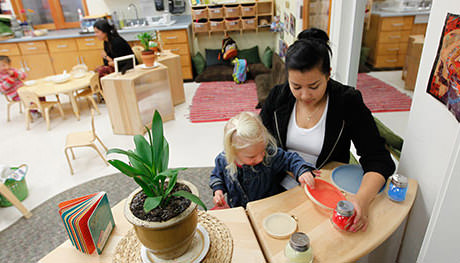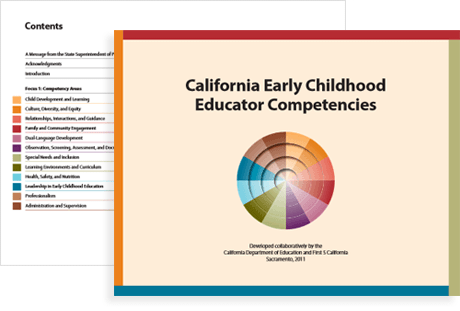The early childhood experience involves planning for a variety of environments. The physical environment may be the first one that comes to mind. But the social, intellectual, and emotional environments are equally important and critical to children's overall well being. Remember that the environment — in all of its aspects — is our partner in providing high quality early childhood programs.

Revisit Scenario #1 - Getting Back on Her Feet in Ethical Dilemmas. The student mom, Suzette, suddenly finds herself homeless, and requests extra time to complete her assignments.
Use this template to record your observations, thoughts, and feelings. Download the Template
Deepen your understanding of the expectations for professionalism by reviewing Performance Area 2: Professional Conduct and Behaviors in the CA ECE Competencies. Scroll to page 100.
Can you find other places in this competency area that address these questions?
